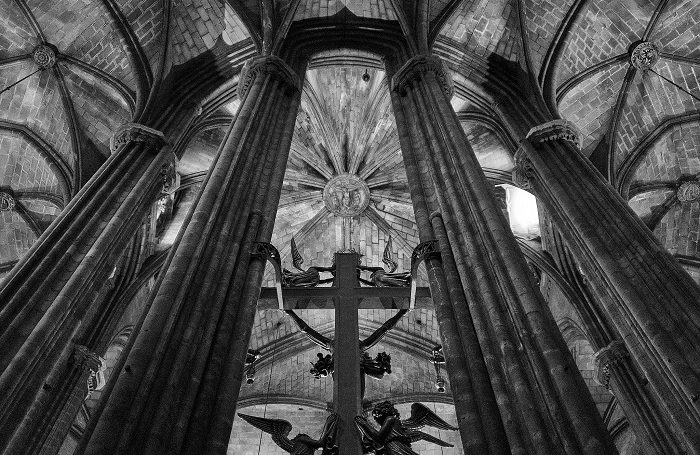
One is a committed environmentalist, the other a strident humanitarian. Both are on the global resistance ticket against populist forces newly unleashed in the United States and the West more broadly. Yet neither is elected by the people – one is a king-in-waiting by birthright, the other chosen by cardinals under divine inspiration. So why might Prince Charles and Pope Francis emerge as important actors to oppose Donald Trump in a crisis of liberal democracy?
Some answers relate to events: a dispute between a US President who wants to gag the EPA and a Prince who has long advocated for the scientific evidence for climate change; a Pope’s proactive support for asylum seekers inevitably clashing with Trump’s travel ban on US visitors from select Muslim-majority countries; Trump senior advisor Steven Bannon cast as an enemy of Francis with strong insider Catholic support; Charles depicted as equating the rise of Trump with that of Hitler. News platforms will devour each controversy in detail, due in large part to the exotic nature of the central combatants – a Prince, a Pope and this particular President all command powers as strange to the secular media as the idea of dragons flying over Westeros. Compelling viewing indeed.
Yet other answers emerge from the deeper moorings of the democratic crisis itself. Conservative voices such as R. R. Reno have argued that populism ‘reflects a concern that our common life lacks metaphysical dignity’. Liberal thinker Shadi Hamid tweeted that ‘[i]n [the] long-run, center-left managerial technocracy won’t defeat ideology, religion & identity’, later expanding that ‘Trumpism and its non-American counterparts succeed by offering a politics of meaning that allows its adherents to be part of a movement with existential urgency’.
Which brings us to the political relevance of the crown and the faith: globally recognisable, adaptive, diverse, interconnected and surprisingly durable, each inspires a certain populism of its own, not sourced in the grievances of a particular moment but in longstanding traditions considered by millions to be sacred. Whilst history is replete with examples of how populist movements can exploit sacral tradition for their own purposes, regal and religious institutions can equally employ resources that oppose populist and tyrannical agendas.
Thus the prospect of a coalition of resistance forged between the monarchy and climate scientists throughout the British Commonwealth, or between the papacy and refugee advocates in Europe and the US, disrupts established assumptions and causes a rethink about the complex transnational powers of tradition and religion at play in the modern world. Hence, what Hamid prescribes for liberals in response to the rise of populism is equally – and already – at work in more traditional quarters, namely, ‘a fighting faith’.
Further Reading on E-International Relations
- The Populist Potential of the US and its Fragile Grip on the International System
- Opinion – The Fragile Power of Populist Leaders in a Pandemic
- Right-wing Populism and the Attack on Cooperative International Security
- Can Populism Survive COVID-19?
- Opinion – The Pope’s Apology for Indigenous Residential Schools
- Only Francis Could Go to Arabia